By Brandon Corbin and Ted Ilanchelian

“IT TAKES A VILLAGE.” IF STUDENTS ARE GOING TO REACH THEIR OPTIMAL EDUCATIONAL GOALS, COMMUNITIES AND FAMILIES MUST BE PRESENT IN TANDEM TO SUPPORT ALL FACETS OF THE EDUCATIONAL EXPERIENCE.
Leadership within Metro Nashville Public Schools (MNPS) is multifaceted, nuanced, complex, and ultimately varied dependent on the school, socioeconomic factors, unique learning needs of students, the administrator assigned and his/her expertise.
This statement was presented to the Chamber’s Education Report Committee repeatedly. It reflects the need for the community to join forces with MNPS to systematically impact and transform change. As co-chairs of the committee, we are grateful for the 15-member committee’s insights and eagerness to gather the community around strategies administrators need to advance their schools’ mission and align resources. We recognize that school leaders are integral in developing high-performing schools. Principals are the cornerstone on which learning communities function and grow and student performance is cultivated.
One hundred fifty-nine schools and over 79,000 students make up the district led by a total of 132 administrators. Among these administrators, skillsets, education, and the ability to engage the community varies, which largely impacts instructional outcomes. In fact, it is well documented that an effective principal can impact student outcomes by the equivalent of about three months of additional learning. The same resource, the Wallace Foundation, also stated that administrators have the second greatest impact on student success following classroom teachers. Thus, it is imperative that MNPS provide the structures needed to adequately train, prepare, and position administrators to excel. We acknowledge that this task is not one MNPS should embrace alone. The community, especially the business and nonprofit communities, are well aligned to aid MNPS in building administrator capacity.
In 2020, MNPS collaborated with the Nashville Public Education Foundation (NPEF) to adopt a Leadership Framework designed to support administrators. This framework identifies three core areas leaders should embrace and be mindful of as they perform their duties. The core tenets are Driving Instruction, Prioritizing Talent, and Managing Operations. The Education Report Committee investigated each of these tenets in tandem with interviews, research, and conversations with MNPS and community-level experts. The committee’s recommendations were strategically coined to support the framework, build and support administrator capacity, and bridge gaps.
Driving Instruction
· Recommendation 1: A principal should be assigned to a school based on their leadership competencies, showing that they are equipped to meet the diverse needs of the school. A matching rubric should be created that compares the candidate’s skill set against the school’s needs.
· Recommendation 2: Address the non-academic needs of students through community cultivation and administrator engagement. As a result, principals can focus more directly on teacher preparedness and students’ academic needs and growth.
· Recommendation 3: As each student is led to academic success, relationships between students and staff, like their Navigator, must remain dynamic throughout the student’s academic career, ideally with one identified individual. Principals should effectively allocate resources to ensure all students are known and the pathway for such is created and supported.
· Mayor’s Office Recommendation:
· Align the city’s resources to meet students’ growing and diverse needs.
Prioritizing Talent
· Recommendation 1: With the goal of attracting and retaining diverse talent, MNPS should utilize and enhance residency programs in support of the teacher/principal pipeline. This pipeline should first focus on local, homegrown talent and those placed in interim positions.
· Recommendation 2: Administrators should incorporate internal and external developmental opportunities to allow education professionals time to recharge and explore throughout the year.
· Recommendation 3: Principals are encouraged to set a community-driven vision for their schools, emphasizing families, businesses, social enterprises, etc.
Managing Operations
· Recommendation 1: Hire or identify a program coordinator or liaison within each school and/or cluster that acts as an outreach coordinator between that school/cluster and the community.
· Recommendation 2: Principals should have the opportunity to enter into a peer relationship with a business leader that is mutually supportive for both the school leader and community member.
· Recommendation 3: Modify the principal evaluation rubric to clearly define and appropriately weigh the “Look For” behaviors to manage operations successfully.
· Mayor’s Office Recommendations:
· As professional development opportunities are scheduled for city employees, invite MNPS administrators and educators to the table.
· Conduct listening sessions with families to determine where gaps exist and how the city can help remove them.
Kasserian ingera? We are equally excited to announce that, after the report presentation, the committee will continue to engage and promote community discussions across multiple platforms, championing the “movement” ahead of us. To continue strengthening the needle on education, we understand that timing and commitment are critical; thus, the actions required are that of a movement, not of a moment.
We will begin each conversation by asking “Kasserian ingera?” translated as “And how are the children?”
We are asking for your active participation and encourage you to join the movement to not only support the district’s leadership development but to impact student outcomes as well.
Brandon Corbin and Ted Ilanchelian serve as co-chairs of the Chamber’s 2021 Education Report Committee. Corbin is the regional technology officer of Ascension Saint Thomas and Ilanchelian is president of CMIT Solutions of Brentwood and Franklin.
